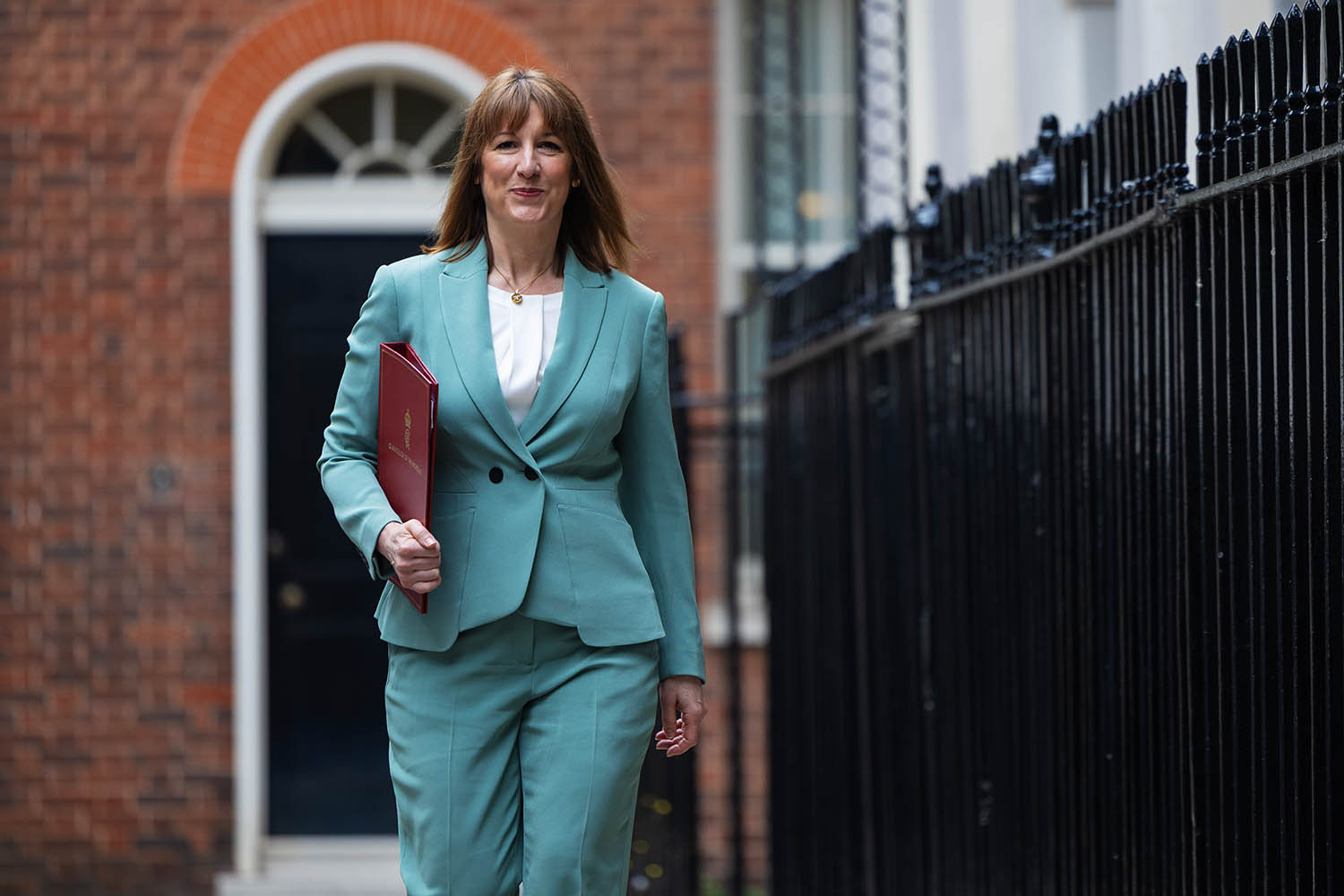Many unhappy returns, prime minister. It is a fair bet that this is not how Sir Keir Starmer imagined he would be marking his first birthday at Number 10. This week’s anniversary of the “loveless landslide” he secured in July last year has come with a brutal demonstration of just how little affection there is for his government among many of its own MPs.
In excess of 120 of them, more than enough to bulldoze that colossal parliamentary majority, signed the wrecking amendment designed to destroy his keystone legislation to pare down the cost of welfare. The mutiny has been spearheaded by 10 chairs of select committees, longstanding MPs whom Downing Street could not shrug aside as inconsequential nonentities or habitually revolting hard lefties. More than half the rebels are from the 2024 intake, a group whose loyalty used to be so taken for granted that they were caricatured as robotically obedient Starmtroopers. Only belatedly did the prime minister grasp that this was seriously threatening stuff and the kind of pickle normally associated with a fin-de-siècle regime on its last legs rather than a government that swept into office just 12 months ago.
Welfare reform is rarely easy and especially neuralgic for Labour governments. Helping the needy and tackling poverty are the lodestars for many of the party’s MPs. This means that reform requires meticulous preparation, astute communication and smooth execution. We have instead been witnesses to a textbook example of panicky decision-making, maladroit messaging and terrible personnel management.
I don’t blame the farrago on the government’s business managers in the Commons. “This could have been avoided,” says one of their number. “We were all warning them.” Associates of Sir Alan Campbell sound plausible when they report that the chief whip had been trying to ring the alarm bells at Number 10 for weeks only to be ignored. Asked at the Nato summit in The Hague whether he could read the mood of his MPs, the prime minister demonstrated that he could not, by disdaining the revolt as “noises off”. For the rebels, that was aggravatingly contemptuous of their feelings, and confirmation that the man at the top was “in denial” about the intensity of the mood.
Sir Keir is a busy man with limited appetite for spending diary space talking to backbenchers. He’s far from unique among prime ministers in feeling this way. So did Tony Blair and David Cameron, but they were smart enough to employ go-betweens to do the schmoozing on their behalf. Heavy-handed attempts to intimidate rebels by threatening them with deselection went down like “a cup of cold sick”. Bogus warnings that they could bring down the prime minister or trigger a general election backfired. These sounded like empty threats because they were so obviously hollow. One glance at the opinion polls is enough to tell you why Sir Keir would not risk going to the country.
The government has tried to make the case that the cost of welfare is rising at an unsustainable pace and there is an imperative to get people into work. Some officials still insist that it would have got to a better place had it been more adept at selling that story. The trouble is that any fool could see that the prime driver was not a genuine desire to reform welfare but a frantic scrabble to make Rachel Reeves’s sums add up. That became starkly evident when the chancellor hastily added an extra £500m of benefit reductions to her spring statement just before she unveiled it, because the OBR had told her she needed more cuts to balance the books. As one senior minister puts it: “This looked like clever dicks at the Treasury changing the numbers on a spreadsheet so the right figure pinged out at the end.”
Few Labour MPs came into politics animated by “fiscal responsibility”. Even fewer burn with a desire to make life harder for the disabled. Most can think of taxes they’d rather hike than take away money from people who cannot go to the toilet unaided. This revolt became the point of a sword of general discontent about how the government is run and some of the choices it has made.
There’s a lot of finger-jabbing at the chancellor as the principal author of this debacle and the one over the winter fuel payment, which took it away from nine out of 10 pensioners until a U-turn was forced on the government. “The level of anger at Rachel among Labour MPs is striking,” remarks one senior party figure who is generally sympathetic to the chancellor. “I think she’s in trouble.” Morgan McSweeney, the prime minister’s chief of staff, is also being held culpable by those demanding “regime change” at Number 10. The chancellor and the chief of staff are lightning rods for discontent with the prime minister. All roads of responsibility ultimately lead back to Sir Keir himself.
Only upon his return from the Nato summit did the prime minister fully grasp that he was in a deep hole and needed to dig himself out of it fast. He has chosen ignominious retreat as preferable to humiliating defeat. The expensive concessions will not satisfy what one minister calls “the unreachable core” of rebels who want to kill the bill. The critics of the new package point to the intrinsic unfairness of a “two-tier” system that treats existing claimants more generously than future ones. But the changes look likely to placate enough of the rebels to win the vote.
There will be a price to pay for this demarche, and not just in the billions the government will now have to find elsewhere. If this is to be the transformative government Sir Keir claims he wants to lead, it has many contentious issues to grapple with in its second year, from reform of the immigration regime to the overhaul of the NHS .
Newsletters
Choose the newsletters you want to receive
View more
For information about how The Observer protects your data, read our Privacy Policy
The Grand Old Duke of Downing Street has marched up the hill and then halfway back down again. In doing so, he has given his backbenchers a taste of blood. The next time there is a “tough decision” to make and he presents it as non-negotiable, he will find it that much more difficult to get the public, the financial markets or his own MPs to take him seriously. Happy birthday, prime minister!



